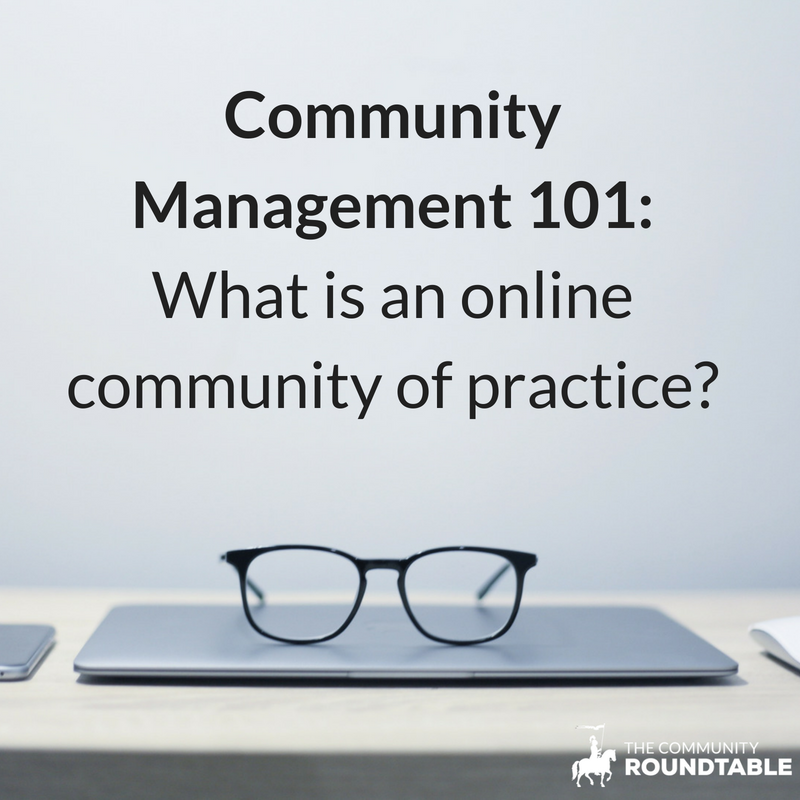
If you’ve heard the term “community of practice” and said, “Hmm…” you’re not alone. There isn’t just one kind of “community of practice” online today. The term can mean something very specific to different groups of people. I’ve outlined the two major buckets online communities of practice fall into (internal and external) and also provided examples of each.
Communities of Practice Types
Internal Community of Practice
An internal, employee community of practice is a community of professionals who share an industry/role/responsibility and also work for the same organization. Usually, the main focus of an internal community of practice is knowledge sharing. Common goals include problem-solving, expertise location, professional development, and innovation. There is typically an online ‘home base’ for these communities in the form of a group within an enterprise social network platform, space on an Intranet, or at a minimum a shared file folder.
Members find value in an internal community of practice through expedited work tasks, less frustration in finding solutions, and expert recognition/social validation. Organizations find value in increased employee efficiency, effective learning and development, and in innovation.
Helpful metrics for evaluating the effectiveness of an internal community of practice include the number of questions and answers, percent of questions answered, percent of questions with correct answers, successful searches, and collaborative outputs like standards documentation.
External Community of Practice
An external community of practice is a community of professionals who share an industry/role/responsibility, who work at many different organizations. A single organization builds, manages and supports an external community of practice for the benefit of a market segment. External communities of practice often focus on thought leadership. Goals center around problem-solving, expertise location, professional development, building professional awareness, and innovation.
Members find value in an external community of practice through expatiated resource location, expert recognition, and professional validation. Organizations find value through brand recognition, market insights, and customer loyalty. External communities of practice may also produce direct revenue if a community is membership fee-based.
Helpful metrics for evaluating the effectiveness of an external community of practice include the number of questions and answers, percent of questions answered, percent of questions with correct answers, questions answered, successful searches, resources & lessons learned shared, connections/friends requests made, and less direct measures like salary differential for members.
